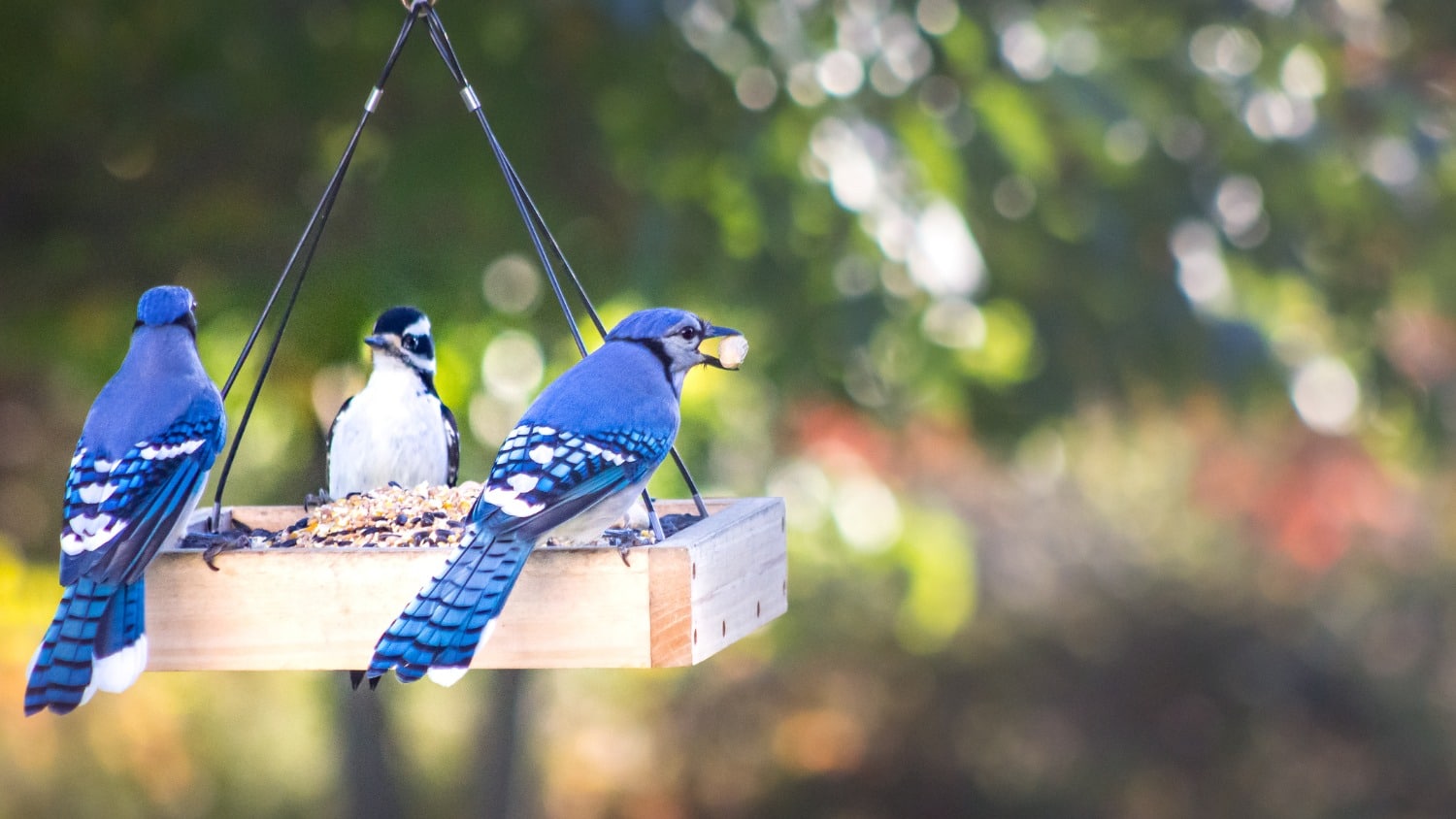
For the Birds! Or Can Bird Watching Help Your Wellbeing?
This morning, as I watched the tiny wren on my deck railing chirp his mating song, an involuntary smile came to my lips, and I realized how much these little feathered creatures have calmed and cheered me these past few years.
Birds and the Pandemic
During the height of the pandemic, in early 2020, I joined the Cornell University Feederwatch program. Each week, on two consecutive days, I recorded the species who visited the feeders outside my kitchen window.
I reported them in an easy data sheet and learned from the resources available there. But quite honestly, just filling those feeders with sunflower seeds, spreading peanut butter on a wooden holder, and placing a suet cake in a wire cage, made me feel like Lady Bountiful. I was helping life survive, in one small way.
Their colors reminded me there is beauty in this world. Red cardinals, black capped chickadees, blue jays, woodpeckers… and that’s just in my own backyard. All over this earth, different species display their feathers to attract mates and as a byproduct, brighten our lives.
What’s Ornitherapy?
Now there’s a new memoir that promotes birdwatching as healing. Holly Merkes’ Ornitherapy: For your Mind, Body and Soul is the story of how her birdwatching helped her beat an aggressive breast cancer. In a 1979 article in the British Journal of Medicine, Dr. A.F. Cox stated that birdwatching was an effective tranquilizer.
Merkes believes that being intentional, in the moment while birding, slows down our minds. That means not racing to look the species up in your bird book or scrambling for the best shot on your camera or phone. As a type A overthinking former librarian, I love that idea! Nothing to prove, no new knowledge to acquire. Just enjoying the little creatures you see.
Tiny Little Healers
Birds are all around us, in city or countryside. They sing to us, and we would do well to listen. A 2017 study by the University of Exeter suggests that people in areas with more birds are less likely to be stressed, depressed or anxious.
Even if they know little to nothing about birds, being surrounded by them has a healing effect. You can even watch birds all over the world, day or night, with Cornell’s Feederwatch live cameras.
Just Sit and Watch
Merkes writes about practices like journaling about their observations, sitting quietly and observing how a bird moves its tail or cracks open a seed, and waiting for birds to come closer. During her cancer treatment, she took the hair she lost due to chemotherapy and put it into a suet cage outside her window. As she watched a titmouse pull strands of her hair to line its nest, she felt a surge of hope.
“For the birds” is an American phrase meaning trivial or worthless. I’ll let you decide what you think of that. I’m going to sit outside and watch life flit around the trees.
What about you? Have you become a birdwatcher in your 60s? What are your favorite ways to observe the birds? Has it helped you overcome a trying time?
Tags Creativity






